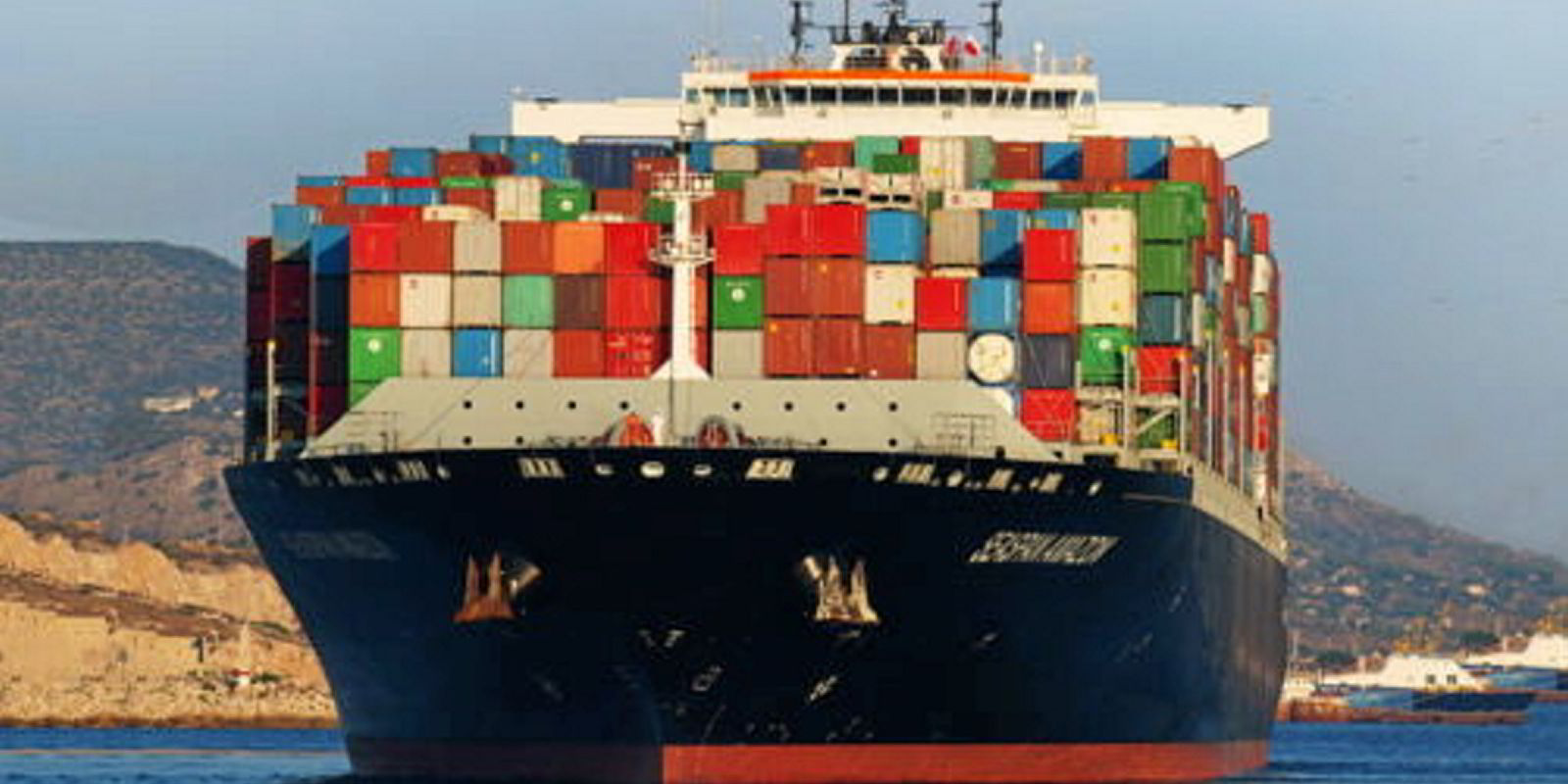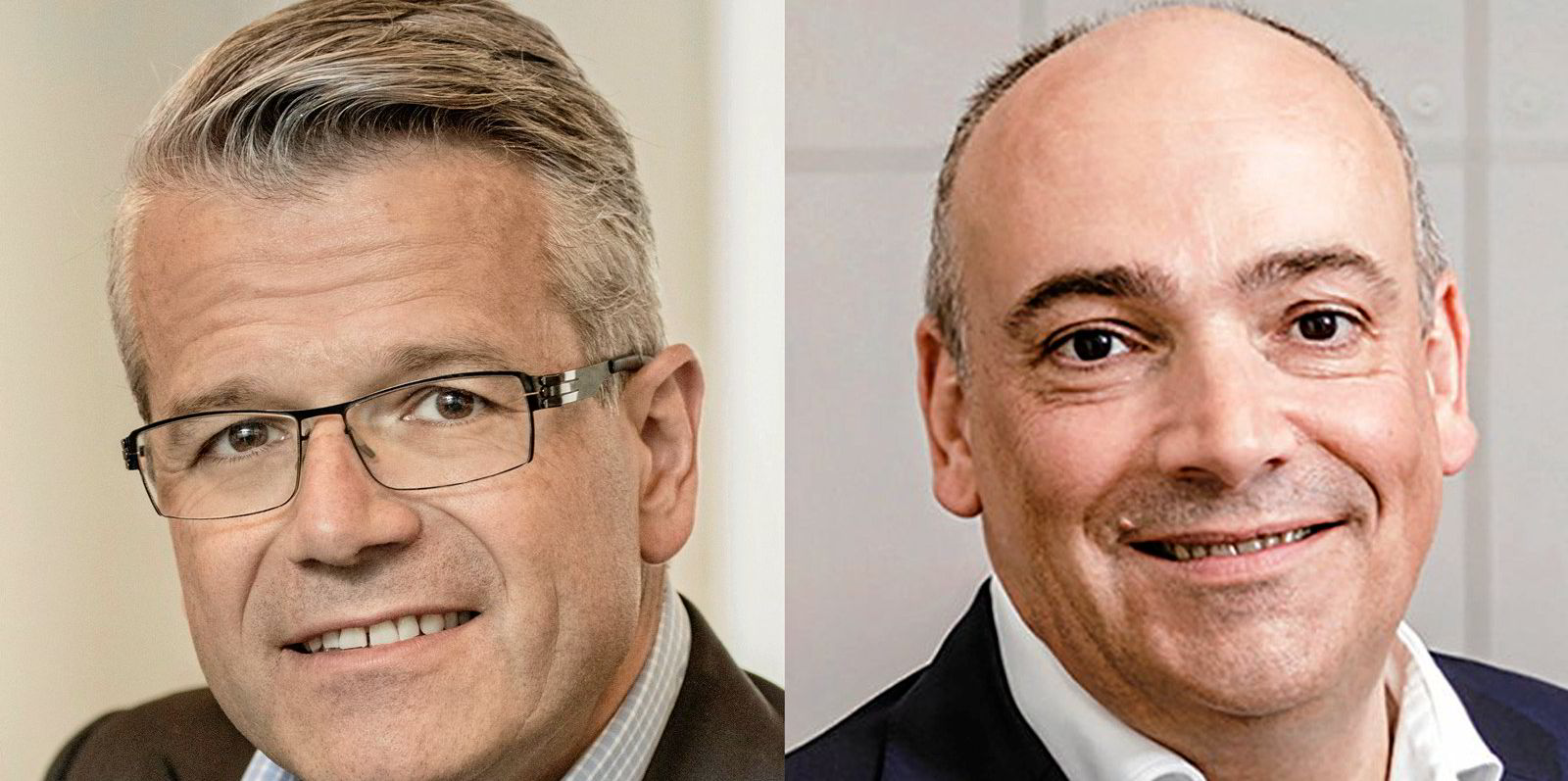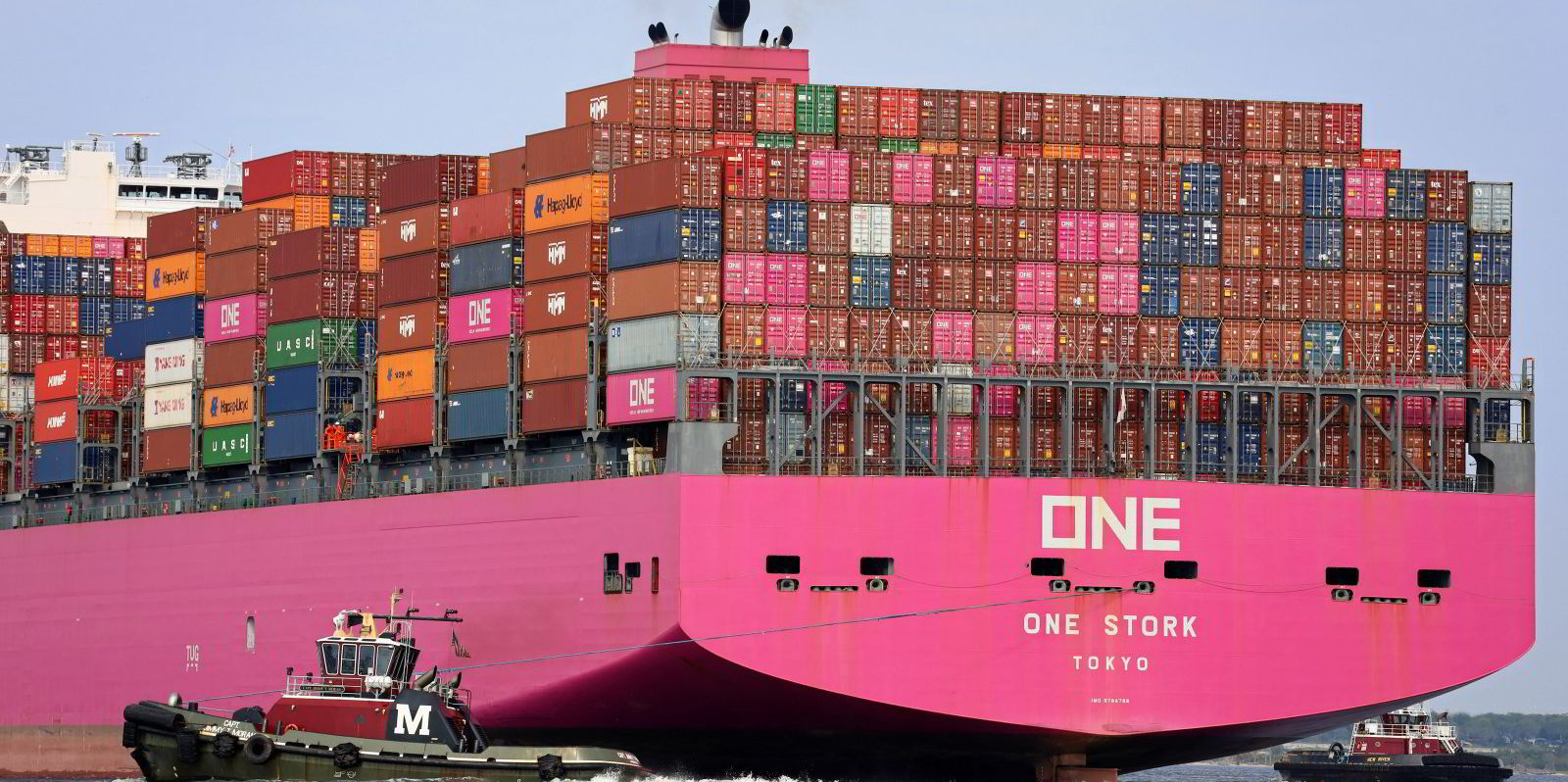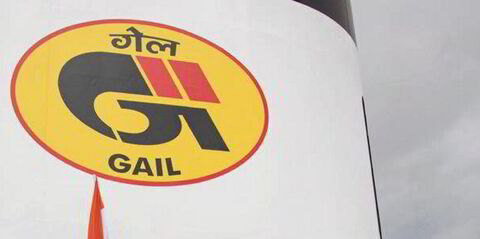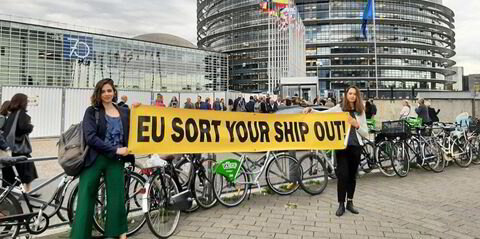German liner operator Hapag-Lloyd and tonnage provider Seaspan Corp are investing $120m to retrofit five neo-panamax boxships with methanol propulsion.
The vessels scheduled to be upgraded are the 10,000-teu Seaspan Amazon, Seaspan Ganges, Seaspan Thames, Seaspan Yangtze and Seaspan Zambezi (all built 2014).
The ships will be converted from conventional MAN S90 engines to dual-fuel engines capable of operating on methanol, at a cost of about $23m per vessel.
Each retrofit is expected to take about 80 to 90 days, beginning in the first quarter of 2026.
“The methanol retrofit project is a further step in our ambitious sustainability agenda, which aims to achieve the decarbonisation of the entire fleet by 2044,” Hapag-Lloyd chief operating officer Maximilian Rothkopf said.
The vessels will continue to be on long-term charter from Seaspan to Hapag-Lloyd.
The retrofits are part of a programme that Hapag-Lloyd is deploying to attain its decarbonisation goals.
These include newbuildlings, fleet upgrades and retrofitting exploration, and sourcing of green fuels.
Bio-methanol sourced
The five retrofitted vessels will each require about 100,000 tonnes of green fuel per year if run on methanol, Hapag-Lloyd chief financial officer Mark Frese told a Capital Markets Day presentation.
“We plan to employ them on a transpacific service. And this will reduce the carbon footprint of that service by 60%,” he said.
The emissions reduction is only 60% because the vessels require up to 10% fossil fuel to ignite the engines, while the auxiliary engines will continue to run on conventional fuels.
“Still, the emissions of all five vessels taken together can potentially be reduced by 200,000 tonnes of CO2 equivalent per year,” Frese said.
“We also have started sourcing bio-methanol for these vessels but it’s early days and we will report on that when contracts are firm and in place.”
Hapag-Lloyd has a fleet of 266 container ships and a transport capacity of 2m teu.
In early April, the company took on its first volumes of bio-LNG bunkers in what the suppliers are claiming is the largest ship-to-ship supply of the fuel to date.
About 2,200 tonnes of bio-LNG, or liquefied bio-methane, were supplied to Hapag-Lloyd’s 15,000-teu container ship Brussels Express (built 2014) in the Port of Rotterdam.
